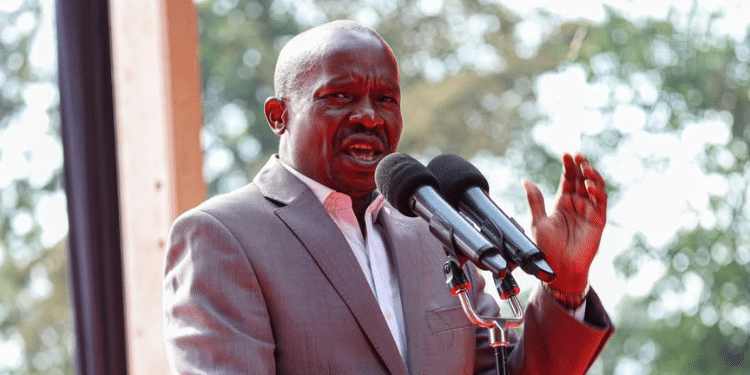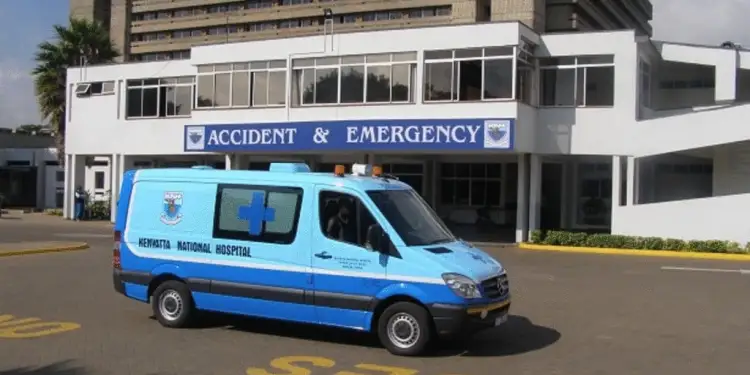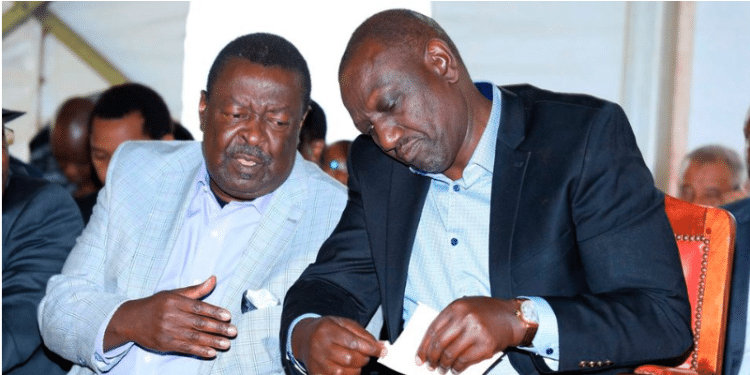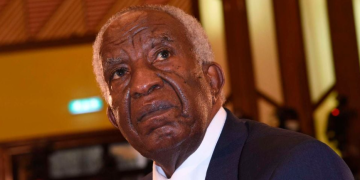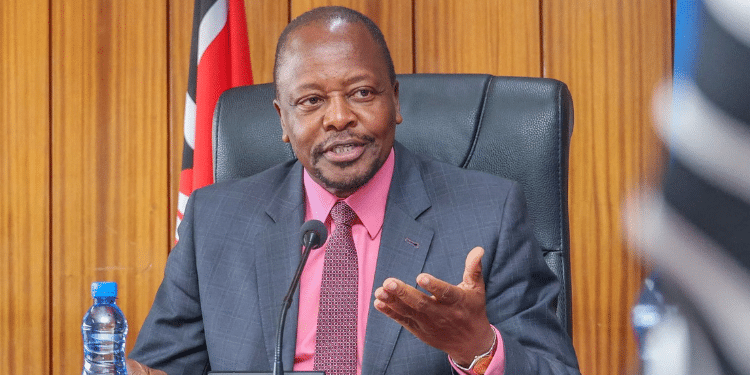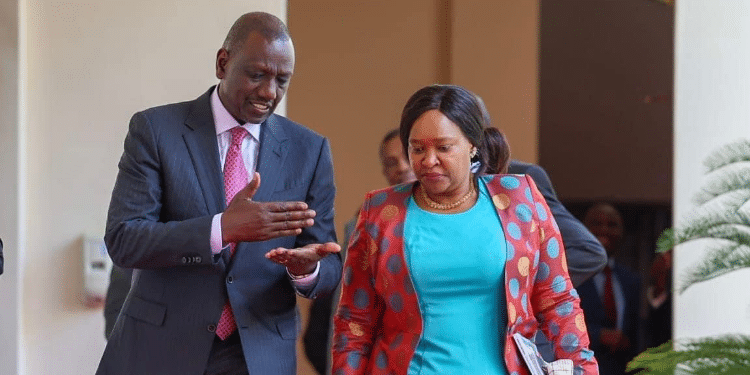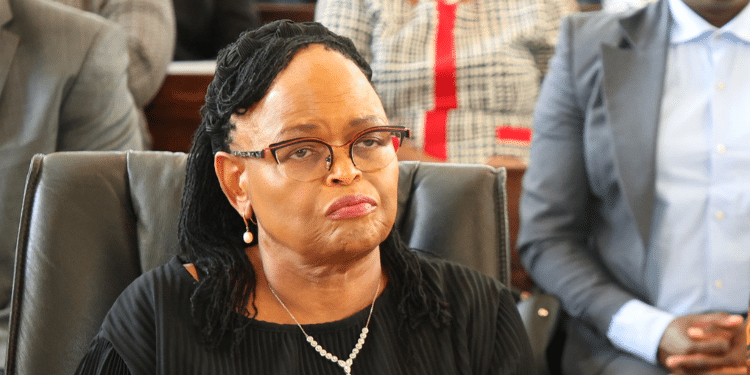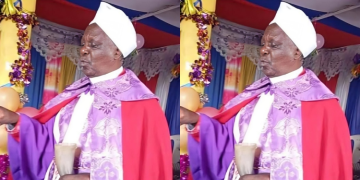The National Transport and Safety Authority (NTSA) Amendment Bill 2023 seeks to grant Transport Cabinet Secretary Kipchumba Murkomen the power to control set fares charged by public service vehicles (PSVs).
The bill, sponsored by Kimilili MP Didmus Barasa, if passed will amend the NTSA Act, 2012 and will allow CS Murkomen to control the privately owned sector.
Should the National Assembly approve the law, it would empower the Cabinet Secretary for Transport to set both minimum and maximum fares charged by buses and matatus operating in various routes.

Transport CS will set the procedure for reassessment of matatu fares and put in place measures to ensure the fare prices are fair and reasonable.
“The NTSA Act is amended by inserting the following new subsection – the Cabinet Secretary may in consultation with the Authority make regulations prescribing the maximum and minimum fares payable by passengers in the public service vehicles within the country,” Barasa’s bill proposes.
Protecting Passengers from Fare Increase
According to Barasa, the bill will protect passengers from increased fares charged by PSVs as a result of the increased fuel prices.
In recent months, the fare charges have increased sharply after the Energy and Petroleum Regulatory Authority (EPRA) announced high pump prices.
“The amendments seek to introduce a new section which provides for the development of policy guidelines to regulate the fares payable by passengers in the public service within the country.
“The new section will ensure that the relevant stakeholders are involved in the process of developing such policy guidelines to ensure that there are maximum fares payable by passengers in the public vehicles from one point to another to avoid being subjected to abuse, “said Mr Barasa.
Also Read: Matatu Owners Declare a 30pc Increase in Fare
Matatu Operators and Experts
Matatu operators asked the government to come in and regulate the public transport sector.
Among some of the issues they want the government to control are fares, entry into the sector and determination of routes.
However, according to transport experts, the government should regulate the sector by implementing policies that will restore order among PSV operators.

NTSA Mandate
NTSA is a statutory body established by the National Transport and Safety Authority Act (2012) to bring about sanity in our roads.
It brings together under one roof the functions of Motor Vehicle Registration, Transport Licensing and Motor Vehicle Inspection, Road Safety, Driver Testing and Traffic Law enhancement.
The main functions of the Authority as outlined in section 4 of the NTSA Act are:
- To advise and make recommendations on matters relating to road transport and safety,
- To implement policies relating to road transport and safety
- To plan, manage and regulate the road transport sector in accordance with the provisions of the Act, and,
- To ensure the provision of safe, reliable, and efficient road transport service.
NTSA registers, licence and conduct motor vehicle inspection and certification.
Also, NTSA regulates public service vehicles, and advises the Government on national policy regarding the road transport sector.
Additionally, it develops and implements road safety strategies, and facilitates the education of members of the public on road safety.
The Authority also conducts research and audits on road safety.
Further, NTSA compiles inspection reports relating to traffic accidents, and establishes systems and procedures for, and oversees the training, testing, and licensing of drivers.
In addition, NTSA formulates and reviews the curriculum of driving schools, and coordinates the activities of persons and organizations dealing in matters relating to road safety.




![Debate Rages Over Proposed Increase In Legal Drinking Age [Video] Nacada Raises Legal Drinking Age From 18 To 21]( https://thekenyatimescdn-ese7d3e7ghdnbfa9.z01.azurefd.net/prodimages/uploads/2025/07/beer-360x180.jpg)


